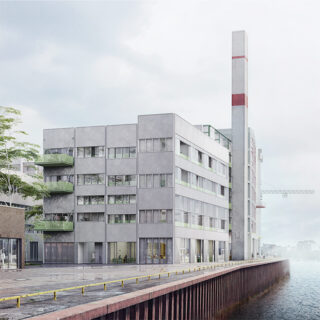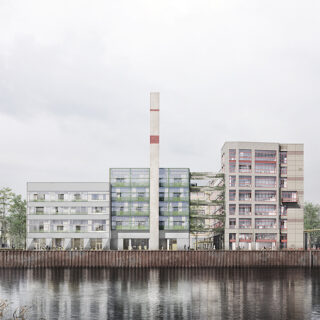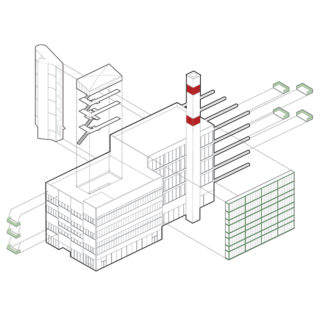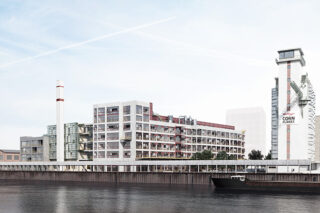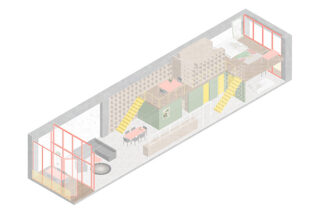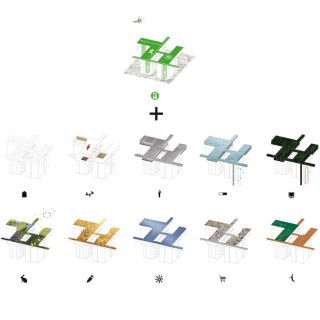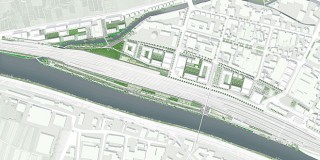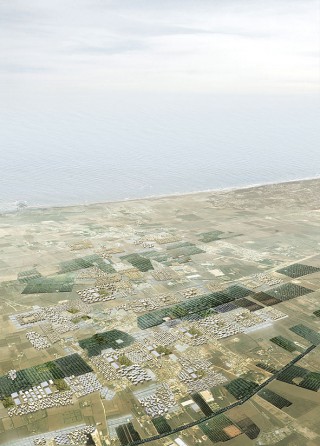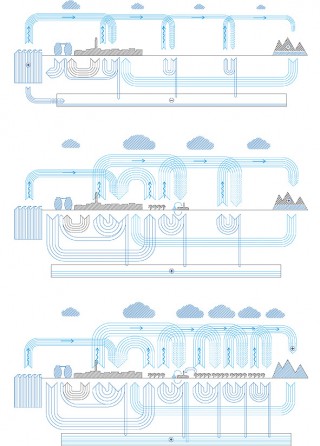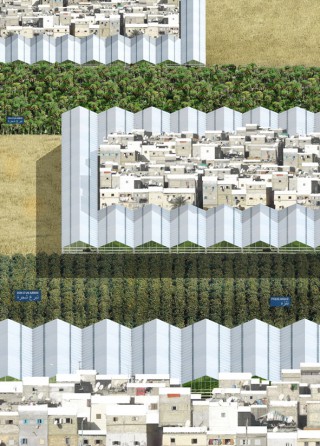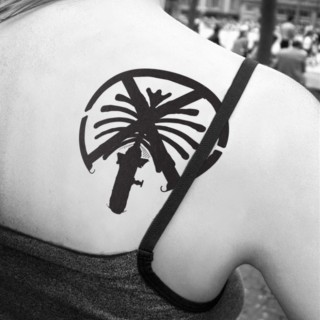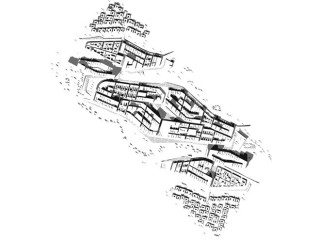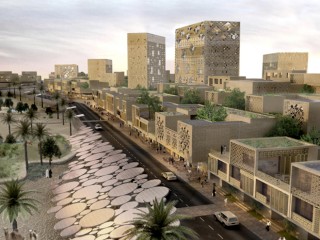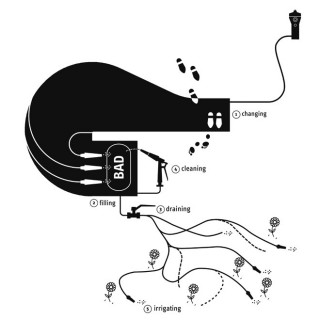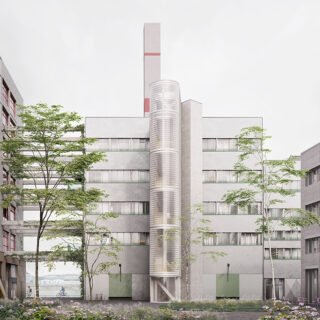
Machine House & Boiler House – Bremen, Germany
Since Kellogg stopped production in Bremen, the new urban quarter Überseeinsel is under development on the former production site between the river Weser and the Europahafen harbour basin. Due to its location on the banks of the river Weser, the former boiler house and machine house of the Kellogg production site will continue to form [more]
08/05/2024
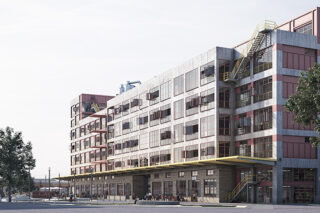
Flakes Factory – Bremen, Germany
Since Kellogg stopped production in Bremen, the new city quarter Überseeinsel is in development at the former production site between the Weser and Europahafen. The Flakes Factory forms with the former Machine House & Boiler House an ensemble. Due to its presence on the banks of the river Weser, the Flakes Factory will be an [more]
28/04/2022
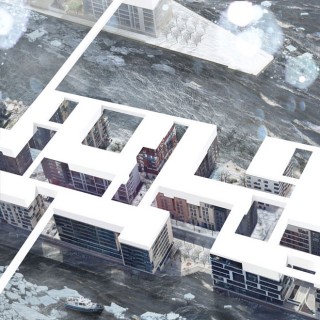
Überhafen – Hamburg, Germany
Hamburg’s Upper Harbour and Harbour City were examined for potentials in their current embankment system, particularly in regard to their future adaptability. The idea, Überhafen, for the flood-controlled upper harbour is based on a “strategy of admitting” in order to to make the area safe, attractive, and more public, despite possible flooding in the winter. Conventional rentable billboards can be adapted as studio spaces, creating an opportunity to keep buildings affordable for intended users by dispensing of expensive flood protection. New Horizon, [more]
31/05/2011
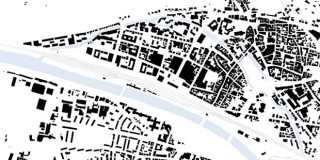
New West City – Esslingen, Germany
The New City West proposal in Esslingen on Neckar uncovers urban structures in order to promote the development of a post fossil-fuel city. Through the renewal of the historic structure in negotiation with future-oriented micro-climatic requirements and energy-use requirements, an urban texture is developed that is both porous and dense. The integral sustainability and energy conservation concepts (nature-oriented material / water management, vegetation planning, and solar orientation) interact and re-define the urban structure and form comprehensive regenerative cycles. Urban Design [more]
01/02/2011
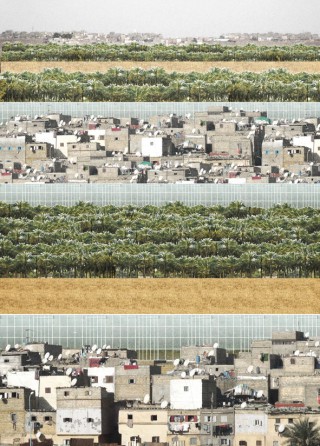
Rainmaker – Casablanca, Morocco
Rainmaker – Towards a Water-based Urbanity for Grand Casablanca is based on a territorial water strategy, including the recovery of the natural water cycle through evaporation, condensation, and precipitation. The general concept is to use all locally accessible water resources for the irrigation of vegetation in order to refill the atmosphere with water and thus [more]
02/12/2010
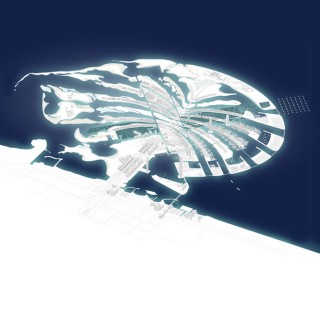
X-PALM / CHARTER OF DUBAI – Dubai, U.A.E.
X-Palm’s methodology is based on the notion that the luxury refuges built during the last real estate boom represent a massive societal investment, and that a process of recycling and transformation needs to take place. The Charter of Dubai addresses issues of marketing, environmental sustainability and social bonding. Precise measures of formal adjustment, comparable to [more]
01/09/2009
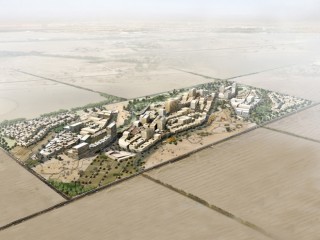
XERITOWN – Dubai, U.A.E.
Xeritown is an urban development for about 7,000 residents in Dubailand. It pioneers sustainability and adaptability within the problematic framework of the Emirates. It develops a “contemporary vernacular” approach by taking the local climate and landscape as a context within which the urban form emerges and public space is anchored. It conceptualizes the built environment [more]
01/05/2008
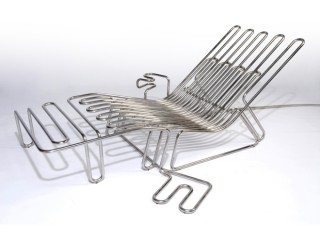
Cosy Chair – DROOG
Cosy Chair replaces the mono-functional wall mounted radiator in the form of a piece of comfortable furniture that heats locally right where one might sit and rest for a cup of tea, to read a book or watch TV. The Cosy Chair cuts energy consumption by providing a field of differentiated temperature: heating precisely where [more]
01/01/2008
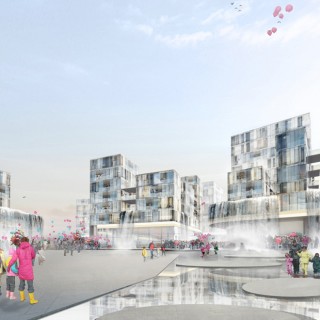
Cumulus – Grorud Center, Oslo
Cumulus is an urban strategy that conceptualizes public spaces as related to the environmental dynamics of northern living. The proposal focuses on a mixed-used development that (re)binds the different social spheres, programs, scales, and ecologies of the existing neighborhood. This manifests in a new urban center that is planned with an innovative rainwater management concept [more]
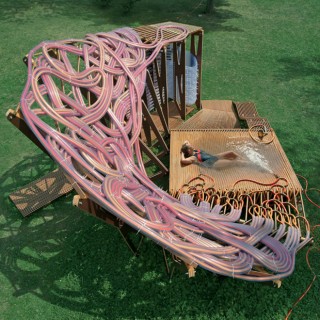
BATH – Stuttgart, Germany
BATH interprets ways of inhabiting as well as the urbanized landscape. It opportunistically joins for a brief spatial moment the circuits that have become antipodes of the contemporary environment: infrastructure and nature. It proposes an alternative, self-empowered form of leisure. BATH is composed of a 1,000-meter garden hose that plugs via a hydrant into the existing hidden [more]
01/01/2006
